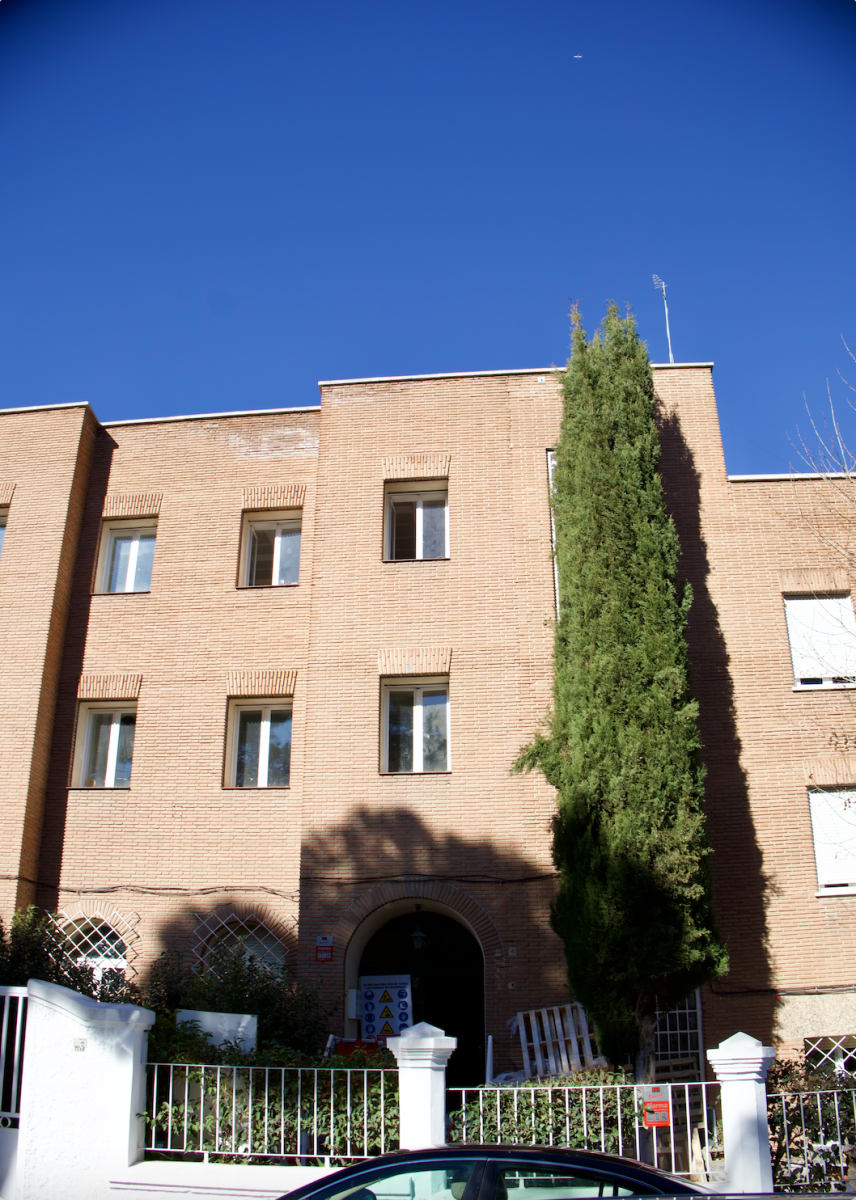Some Spaniards and long-time residents of Spain fear the rise of xenophobia in reaction to increasing numbers of immigrants.
“No one is concerned about immigrants from the U.S.,” said Laura del Canto Arevalillo, a 26-year-old from Madrid. “But those from Latin America and Africa…it’s different.”
When del Canto Arevalillo was asked whether xenophobia is a problem in Spain, she nodded her head vigorously, with widened eyes.
Immigration as a main concern in Spanish politics
As of September, immigration is the number one concern in Spain, a recent survey showed. In fact, Spanairds believe that immigration is the biggest issue Spain is currently facing, according to the Centro de Investigaciones Sociológicas (CIS). When the same study was conducted in June, a few months prior, immigration was placed at the ninth spot—meaning that in only 100 days, the issue became far more apparent.
According to the Ministerio del Interior, between Jan. 1 and Aug. 15 of 2024, almost 31,200 people arrived in Spain—66% more than the same period in 2023.
Jaime Carvajal, a 20-year-old university student from San Sebastián, believes that immigration is a “summer problem”. Summer’s warmth and clear skies makes travel easier. Thus, boats from Africa make their way to the Spanish coast, he said.
Immigration has not been the most important issue in Spain since 2007, during the “Cayuco Crisis”, when over 30,000 migrants reached the country, primarily through the Canary Islands, reported Servimedia, a Spanish news agency. In 2007, the INE reported that the foreign population in Spain was more than 4.5 million. So far, in 2024, the foreign population stands at nearly 6.6 million, according to the Instituto Nacional Estadística (INE).
Growing competition in a tough job market, or so it seems
For many Spanairds like Julia Manrique Dedot, 81, there’s a perception that immigrants take opportunities or resources from the native-born Spanish population.
“They come to Spain, and they cost us money and jobs,” said Manrique Dedot. “Systems like healthcare…they use it for all it has.”
Carlos Meza Peraza, who immigrated from Sinaloa, Mexico 19 years ago, said that when he first moved to Spain, he felt “mostly accepted”. However, being a press correspondent for a Mexican news company, he arrived with a stable job and a salary based in Mexico.
“It meant I was not competing with Spanish workers,” said Meza Peraza.
In May 2024, before immigration was back on the center stage in Spain, the European Union passed a new immigration policy, known as the Pact on Migration and Asylum. The law intends to share the “burden” of migration between member states, offer a more efficient framework for processing asylum requests, and improve the return rate of asylum seekers ordered to leave, according to the European Commission.
Many Spaniards supported the pact. Sandra Carillo, 57, said that offering support to EU member countries is necessary so that immigration does not reach “unmanageable” levels.
“The EU is implementing a framework that provides immigrants with help to navigate the system,” Carillo said with a shrug. “It also limits immigration, to some extent, which helps moderate the far-right’s aggressive stance on immigration.”
Carillo added: “Still, we should give opportunities to those who are seeking a new beginning.”
Can Spain thrive without its immigrants?
Spain’s far-right party, Vox, views illegal immigration as dangerous, directly linking the practice with social insecurity and crime, according to the Spanish news outlet El País. The party consistently campaigns on the issue, advocating for the unconditional deportation of all illegal immigrants.
When asked his thoughts on the Pact on Migration and Asylum, Meza Peraza slowly shook his head.
“Spain is a country that needs immigrants to maintain its economy,” he said.
According to Meza Peraza, migrants take jobs in sectors such as tourism, hospitality, construction, agriculture, and fishing, in which “fewer and fewer Spaniards are working.” Moreover, he noted that the new law will slow down the procedure to obtain asylum status, endangering those who are fleeing war or persecution.
The Banco de España reported that immigrants are necessary for correcting the workforce deficit caused by Spain’s aging population. Over the next 30 years, the country will need 25 million immigrants, the bank estimates. A dwindling labor force can hurt the labor market and the potential growth and sustainability of public finances, says the BBC, citing a report published by the central bank in April.
“Let them come,” Manrique Dedot said, in response to this information. “But let them contribute to our future.”






































